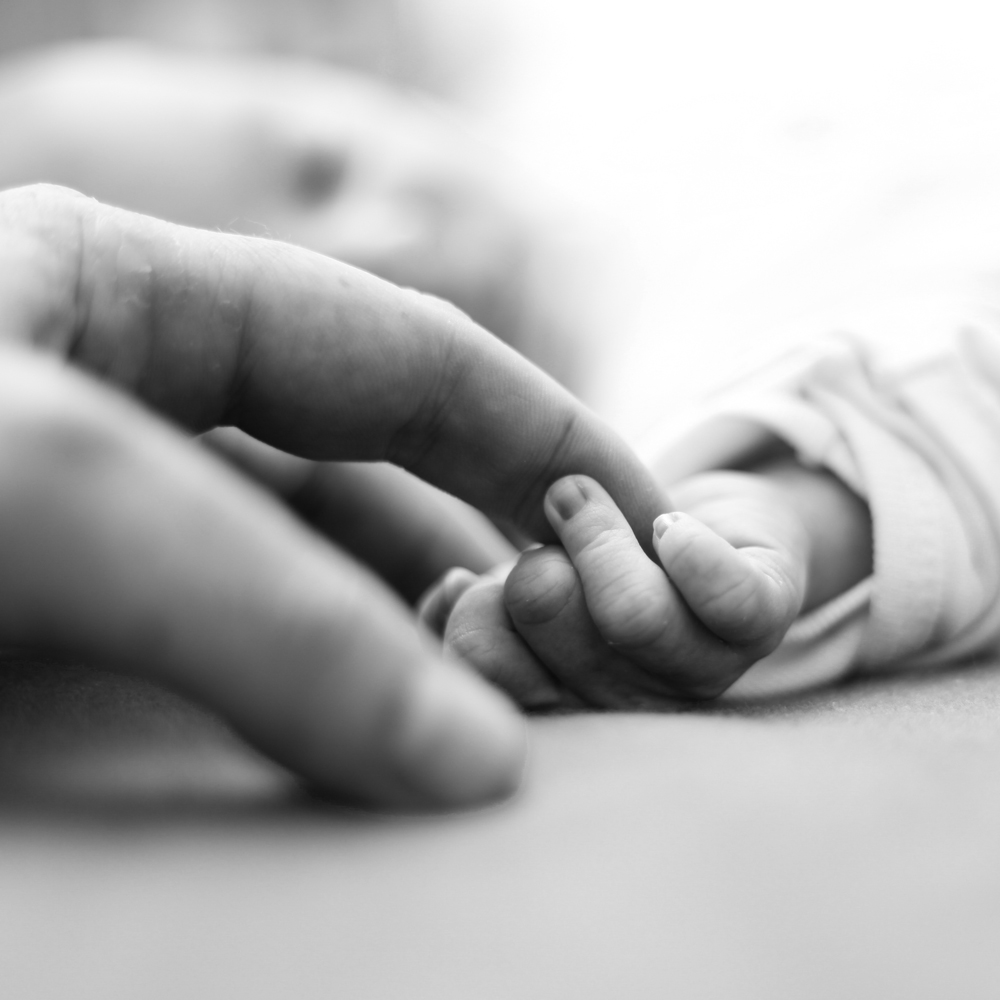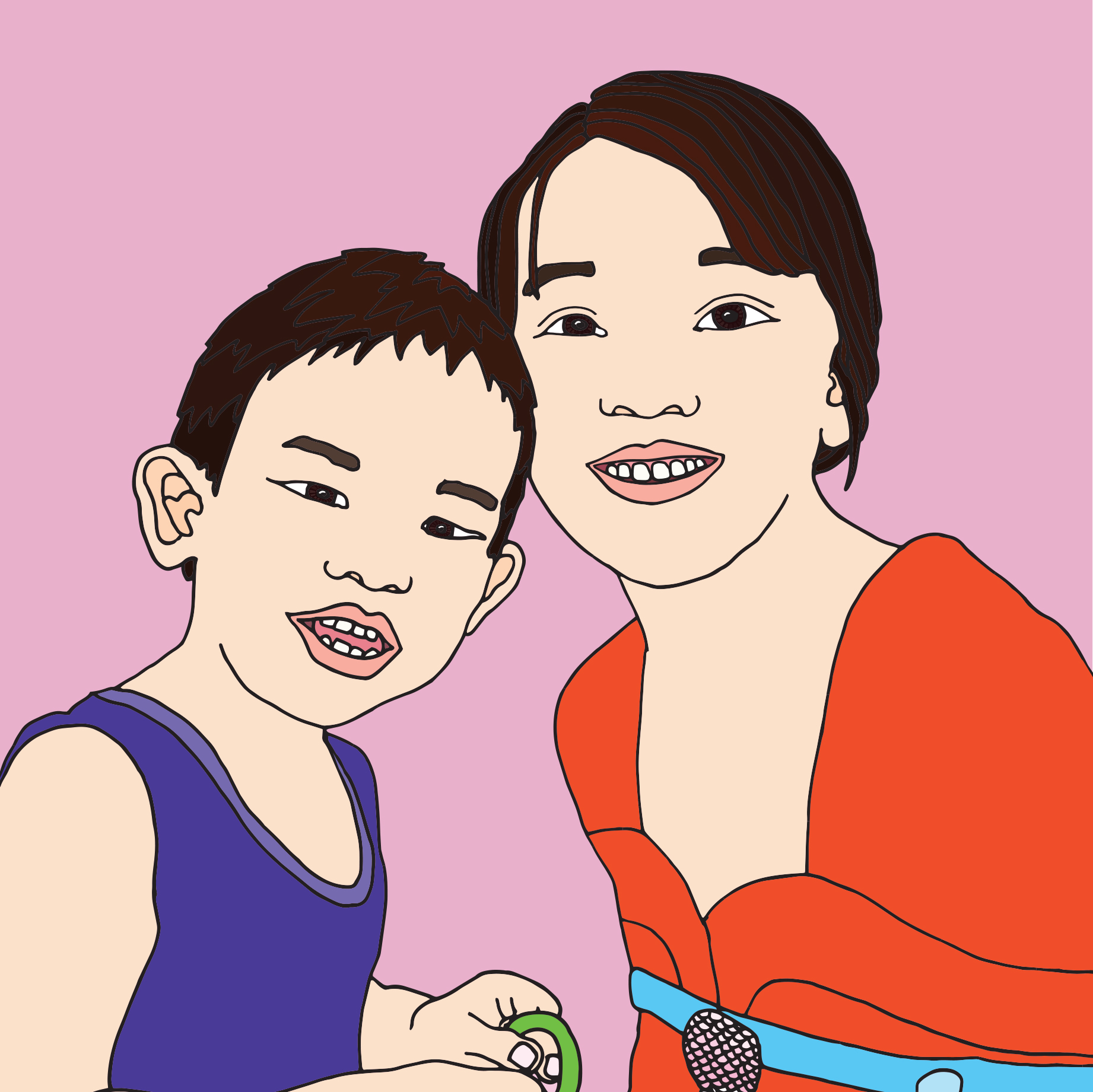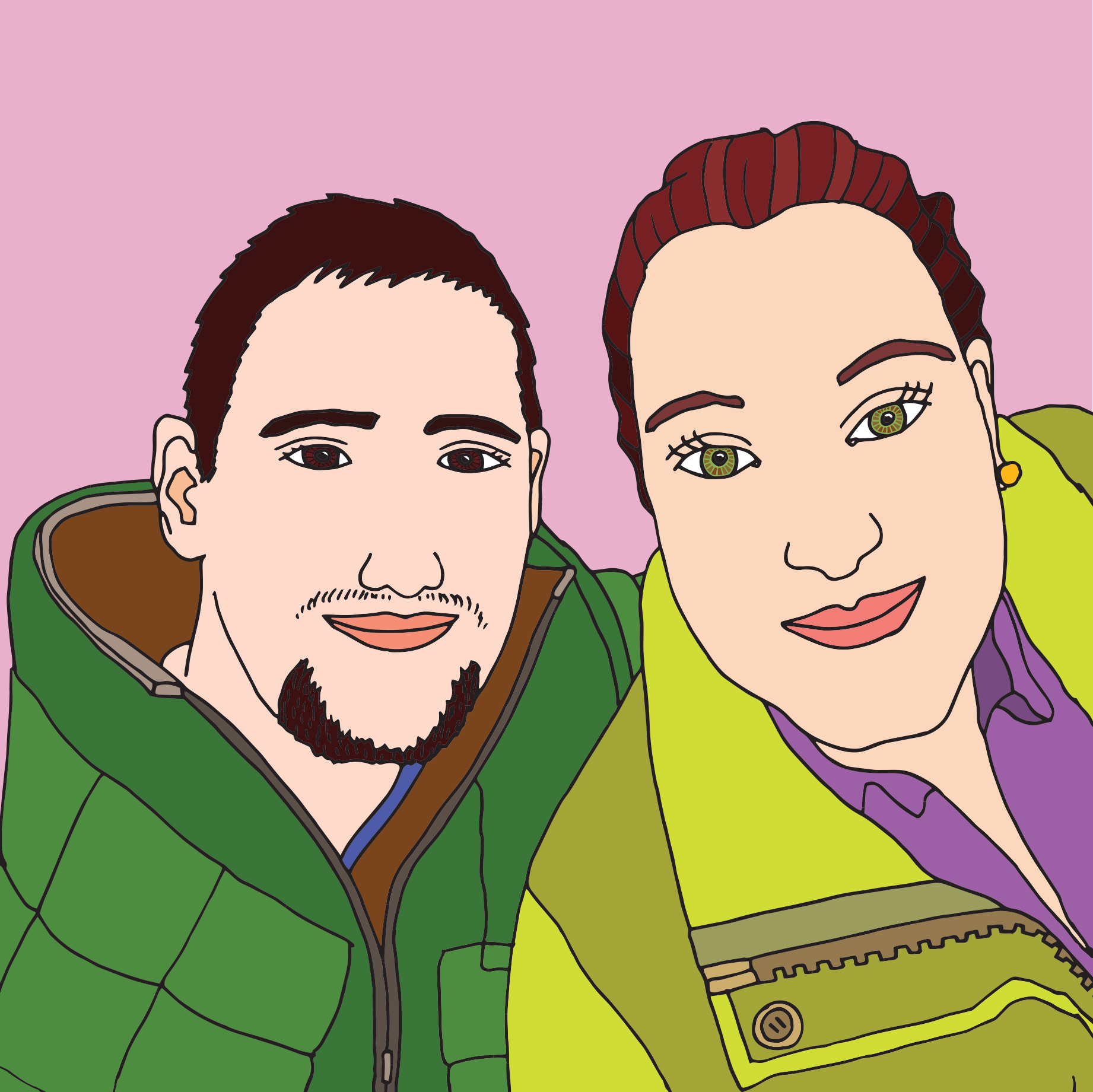Perinatal Mental Health: Understanding PTSD

Post-traumatic stress disorder (PTSD) can occur for parents at any stage of the perinatal period, meaning from pregnancy up to a year post-birth.
WHAT IS PTSD?
Post-traumatic stress disorder (PTSD) is a stress and trauma disorder that can occur as the result of exposure to a single traumatic event, several traumatic events, or traumatic circumstances where there was exposure to actual or threatened death, serious injury, or sexual violence. The condition can happen to anyone, but not everyone who experiences trauma will develop PTSD.
It is normal to experience anxiety responses following a deeply distressing event. The disorder itself may be diagnosed when a person’s symptoms do not ease and they continue to experience ongoing distress and symptoms of post-traumatic stress for longer than a month.
Some parents (mums, dads, birthing parents, intended parents, and partners) who experience PTSD develop it as a result of childbirth. There are no official statistics but Perinatal Anxiety and Depression Aotearoa (PADA) estimate that 2-6% of women have the classic symptoms of PTSD following birth.
However, it’s important to note that PTSD can occur at any point in the perinatal period, meaning from pregnancy to up to approximately a year post-birth, and from events other than birth too.
Download Perinatal Anxiety & Depression Aotearoa’s (PADA) resource, PTSD After Childbirth here. Showing this brochure to someone you trust can be a helpful way to raise the subject if you need help with your mental health.
SYMPTOMS
Like other mental health conditions, each parent’s experience of perinatal PTSD can be different. However common themes or symptoms can be present in the first few weeks after the significant trauma has taken place, including:
- Being constantly watchful or jumpy.
- Experiencing panic attacks.
- Difficulty falling or staying asleep.
- Having disturbed sleep, including having nightmares.
- Continually avoiding situations, people, or places that may remind them of the trauma.
- Feeling detached or emotionally numb.
- Reliving the traumatic event through flashbacks.
- Having difficulty with memory, concentration, and decision-making.
- Feeling severely angry or irritable.
Some parents may feel overly protective of their baby or have difficulty bonding with their pēpi.
It’s important to know that experiencing any of these symptoms is incredibly common and normal after experiencing a traumatic event; they are not a sign of weakness or an inability to cope. If these feelings and disturbing thoughts or behaviours continue beyond a month, feel very severe, or are affecting your daily life, it’s important to reach out for help.
TREATMENT & GETTING HELP
Living with PTSD can be an intensely distressing, overwhelming, frightening, debilitating, and isolating experience but there is help and highly effective treatment available to support you or someone you love who may be experiencing it.
Remember, it is normal to have an anxiety response following trauma, but when these symptoms do not settle after a month, begin to interfere with your everyday life or are causing you mental distress, it’s time to seek help.
There are maternal mental health services and private clinical psychologists in Aotearoa who specialise in helping people manage PTSD. Options for treatment can include medication, talking therapy/counselling, and complementary therapies like mindfulness, hypnotherapy, exercise, mirimiri, aromatherapy and other treatments that promote wellbeing.
If you are experiencing symptoms of PTSD and feel comfortable confiding in your partner, family member, or friend, you should tell them how you are feeling and what is happening. Alternatively, you can seek the support of a professional healthcare provider like your LMC or GP. Your GP or LMC can refer you or your loved one to the free maternal mental health service in your area. They will also be able to help you find a private psychologist with expertise in PTSD treatment, if you can afford it.
If your rights during pregnancy or birth were breached and you wish to make a complaint, you can do so with the Health and Disability Commissioner.
GETTING HELP WITH BIRTH TRAUMA
If you think you are experiencing PTSD as a result of birth trauma, it can be helpful to ascertain exactly what happened in your birth to process your experience. Talking to your LMC, birth support person, or partner can be useful to get their perspective of the events. You can also reach out to the hospital to receive your birth notes to try and determine what occurred, when, and why.
Dedicated support services, like Healing Birth, can also help you heal from your traumatic birth experience.
MENTAL HEALTH SUPPORT SERVICES
If you think you have PTSD, depression, anxiety or you aren’t coping with your mental health in any way, there is treatment and support available to you.
-
Speak to someone you trust like your husband, wife, partner, friend or family member about how you are feeling.
-
Visit Perinatal Anxiety & Depression Aotearoa at pada.nz. PADA has a wide range of free downloadable resources related to perinatal mental health on their website. Having one of their brochures on hand can be a helpful tool when raising the subject of your experience with someone you trust.
-
Call 0800 ANXIETY (0800 269 4389) to speak to a qualified counsellor for free 24/7.
-
Seek professional help – book in to see your GP or speak to your LMC or Well Child Tamariki Ora nurse about how you’re feeling.
-
Call 111 in an emergency.
-
If you are struggling to come to terms with your traumatic birth experience, Healing Birth is a dedicated support service to help parents unravel their trauma and heal.



